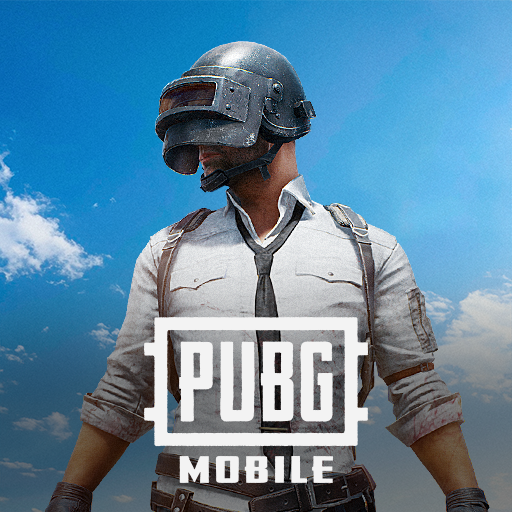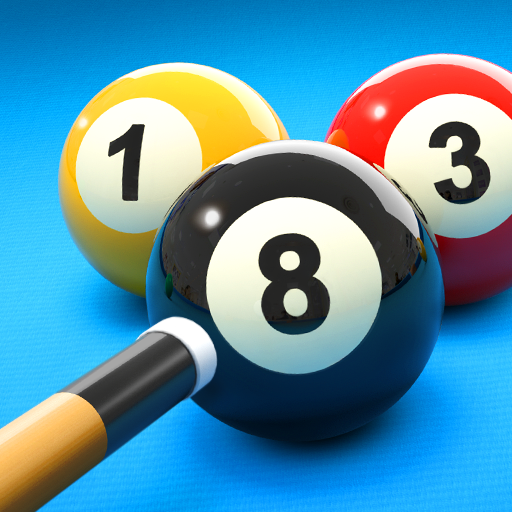Word Search - Puzzle & Brain Teaser
Find hidden words with various themes in this addictive puzzle game!

- 2.1.8 Version
- 4.9 Score
- 17M+ Downloads
- Free License
- 3+ Content Rating
Introducing Word Search
Discover the latest buzz-worthy word search game that everyone can't stop talking about! Enhance your vocabulary and demonstrate your spelling prowess while seeking out hidden words.
Embrace Word Search, also referred to as Word Seek, Word Find, Word Sleuth, or Mystery Word, a captivating word puzzle featuring an arrangement of letters in a grid. The main goal of this challenge is to locate and mark all concealed words nestled within the box, whether positioned horizontally, vertically, or diagonally.
Word Search Highlights:
- Explore 100+ unique categories tailored for various moods
- Starts off on a gentle note before ramping up the difficulty level swiftly
- Replay favorite categories in Time mode or Classic mode
- Tackle daily challenges to acquire extra rewards
- Turn to helpful Hints when faced with a tricky spot
- Engaging visuals coupled with user-friendly controls
- No access to WIFI? Worry not! Engage with the word search puzzle at any time and from anywhere!
Bid farewell to traditional pen and paper - Dive into endless excitement by delving into this highly addictive word search game!
Why Word Search
They Help Develop Word Recognition
What looks obvious to an adult (find this word in a sea of words) is far more complicated to an emerging reader who is learning to tell the difference between a word that begins g-r-e-a- and a word that begins g-r-e-e.
They’re a beginning, in other words.
They Assist in Learning Context Clues
There are several kinds of context clues that build fluency, some of which can be developed in wordsearches.
1. Semantic or Meaning Clues – When you read about cars, you expect to find words like road, steer, tire and windshield.
2. Picture Clues – Images can give us clues to words and their meanings. Teachers can create wordsearches that have pictures for clues, rather than the words themselves. This is especially effective if they are kept in families. For example, a science teacher could have pictures of types of cloud formations as clues, with the students searching for nimbus, etc. in the puzzle. While they are searching, they have the word and its image in their minds.
They Help Develop Pattern Recognition
Ah, the letter Q actually is followed by a U. I know because I searched for all of those Q words, and they all had a U after them as well. Oh! And T often has an H after it. And words that end with -a-m-e all rhyme!
This organic discovery of patterns, in combination with other strategies of course, is one step towards fluency.
They Introduce and Review Vocabulary
Academic vocabulary is a key to mastery of any discipline. Scholars know the vocabulary of their discipline, and the first step towards vocabulary is exposure to the word itself.
You can use wordsearches to do this, and you can use wordsearches for a self-test review. I see and find the word, and I highlight it if I can’t define or use it.
S-P-E-L-L-I-N-G
Some of us are natural born spellers (Oh, how I love me a spelling bee), while others of us recite little ditties to remember the order of letters.
We’ve all seen the failings of spellcheck, and there is no ideal substitute for actually knowing how to spell. People with dyslexia understand the struggle this presents in everyday life, and would not dismiss it as simplistic or useless. It’s easy to take lightly what comes easily.
Wordsearches can help students learn the basics of spelling by seeing the same word in the context of its word family.
They Are Fun
A lot of us actually like completing word searches. Don’t believe me? Check out the magazine section of your local store. You’ll see that people actually pay cold, hard cash for books of wordsearches. It’s true.
They can be created around student interest, making them one of the most simple ways to differentiate for student interest in the known universe.
They work great for those small moments of time because they can be stopped and started easily, unlike some activities.
You Can Make Them Higher Level
Teachers can raise the thinking level of wordsearches in a couple of ways.
- Have students create them by evaluating a text and having them create a wordsearch of a certain set of words (most important, inferential, adjectives, figurative language, adverbs, prepositions, descriptive, etc.).
- Students can complete the wordsearch and then create words out of the remaining letters.
- Give a wordsearch with no word bank and ask students to search for as many words as they can find related to a topic or story.
Five word search hacks that actually work
from YOU Digital
Doing a word search puzzle or two is always fun – and it’s perfect for word lovers young and old. It helps with strategic thinking, problem-solving and, of course, vocabulary – skills that can be beneficial when approaching all tasks. These tips will help you become a pro at word searches in no time.
Two birds, one stone
We know how tricky it can be when searching for one word . . . for what seems like hours. It’s the challenge that we love, after all, so here’s to winning! Instead of only searching for one word, or focusing on a tricky word, try looking for multiple words at once. You’re bound to find an easier word on the way.
Mark and keep track
It can sometimes become confusing while you’re looking for words when you end up losing the word you just found in the grid. Eek! Use a pencil to keep track of the words you’re looking for, while you scan each row for the first letter of a word. You can use a colourful pen if you’re really confident and love a bright page.
Use your words
You can decide to search for the words randomly, or you can make it easier for yourself by sticking to the order of the word list. The list is there for a reason, so familiarise yourself with it and scratch the words off from the list when you find them. In that way, you won’t look for the same words twice. Some people opt to go rogue and search for words without consulting the list, but sometimes words are spotted that don’t necessarily form part of the list.
Focus on the standouts
Look for less common letters in words such as X, Y, K, Q or Z to help you link up words and narrow your search. Scan for the end of common words such as “ing”, and focus on finding longer words.
Say it out loud!
Did you know that saying the words out loud helps your brain remember what it's read? So talk to yourself while you’re looking for the words. This helps your brain recall the words you're looking for so you don't have to consult the list as often. It’s basically a sneaky way to rev up your brain and save time. You’ve got this!
- Version2.1.8
- UpdateApr 10, 2025
- DeveloperItalic Games
- CategoryTrivia & Word
- Requires AndroidAndroid 4.0.1 – 4.0.2+
- Downloads17M+
- Package Namecom.mobilegame.wordsearch
- Signaturecb6ce57f455aa9f24a3ff7e5e93f9d8a
- Available on
- ReportFlag as inappropriate
-
NameSizeDownload
-
12.51 MB
-
12.51 MB
-
12.50 MB




























simple but sort of hard to find
doesn't require any wifi
very entertaining
doesn't recognize the word right
lagged badly after a few puzzles